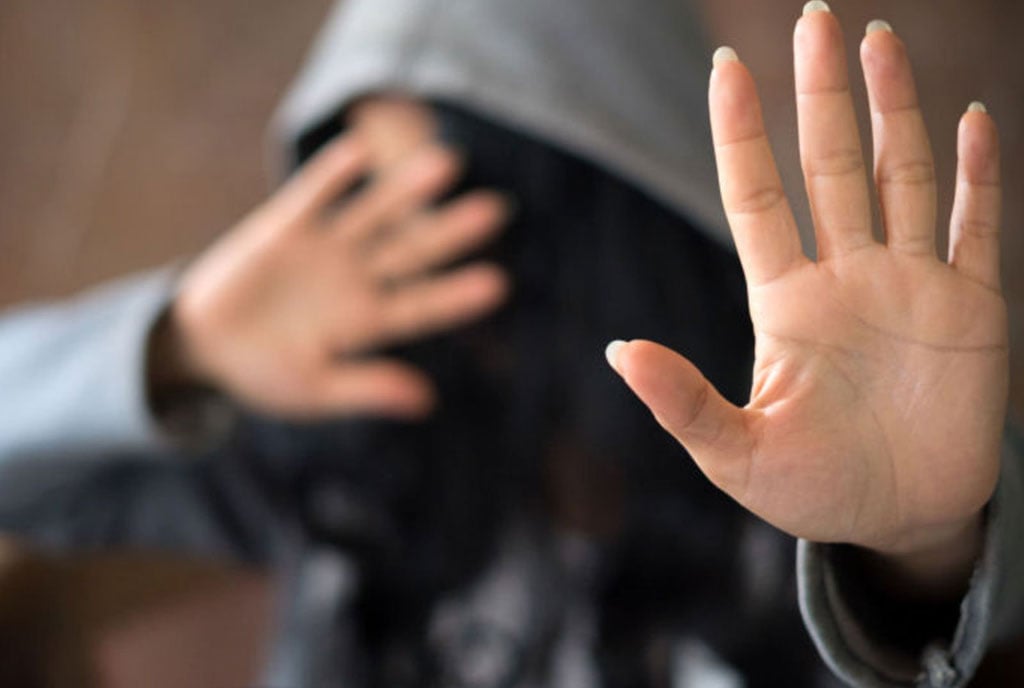Prime
Confronting gender-based violence among women and girls

What you need to know:
- Confronting gender-based violence among women is moral vital and a condition for building a just and equitable society.
Gender based violence is a global public health emergency that has plagued girls and women throughout history. Women suffer depression, abandonment of families and other tragic consequences but most will conceal it.
During the Covid-19 period gender-based violence cases rose by over 20 percent reported by Ministry of Gender, Labor and Social Development whereby most of the cases involved women. According to national survey carried out in 2020 on violence against women and girls almost 95 percent of the Ugandan women and girls have experienced physical and sexual violence and at least 43 percent of girls are married at the young age of 18 years.
Gender based violence (GBV) casts a dark shadow over the lives of women and girls in Uganda. Countless women endure the painful reality of gender-based violence, facing silent battles that often go unnoticed.
GBV takes many forms such as sexual violence, child marriage, partner violence, domestic violence, economic violence, and coercion. During the Covid-19 government focused on spread of Covid0-19 and the elections preparations, leaving women’s well begin aside, many women and girls sustained emotional and physical abuse from their husbands and relatives, leading to loss of lives.
From the recent reports limited opportunities for employment have also contributed on gender-based violence. According to the researcher Gladys Rossete Nandutu, with the increase in unemployment rates and the prevalence of poverty many households find it difficult to keep afloat financially whereby men have relegated the responsibility of providing for their families to women. This challenge is more severe within communities displaced by developments, for example oil refinery project in Kyakaboga.
One of the critical components of confronting gender-based violence is admitting its root causes. Women are extremely affected by poverty, limited access to education and economic dependence, worsening their vulnerability to abuse.
Understanding the causes of GBV, it is essential for the government to include lessons that are sensitive to gender issues and raises awareness about women’s rights in the education system so as it empowers people to challenge harmful stereotypes right from their early years.
The government together with the non-governmental organisations should promote economic empowerment among women through providing them with financial resources, such as microfinance and grants to enable them start their own business so as to reduce the risk of gender-based violence caused by poverty.
Legal reforms that fight against gender-based violence should be amended and implemented such as stricter penalties, removal of legal loopholes that might allow culprits to escape accountability. This addresses the fight against GBV since its send a clear message to the society that such violation will not be tolerated.
Confronting gender-based violence among women is moral vital and a condition for building a just and equitable society.
Through prioritising education, legislation, corporate responsibility and international collaboration, we can move closer to world where women are free from threat of gender-based violence as we align with the on ongoing #16DaysofActivismAgainstGenderBasedViolence campaign.
Caroline Kinkuhaire, Citizens’ Concern Africa Advocacy Officer




